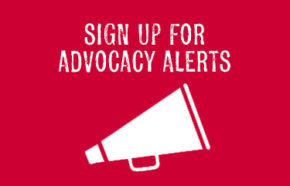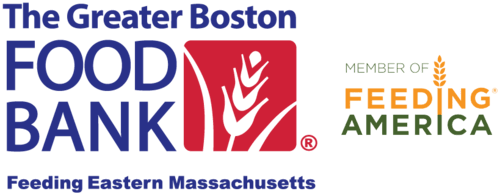GBFB Calls for Strong Farm Bill to Supercharge Fight Against Hunger in MA
If you were asked how the Farm Bill affects Eastern Massachusetts, you might think of cranberry bogs or fisheries in Cape Cod, or vegetable farms in Bristol County, or urban gardens in Boston or Lowell. And this is all true, as the omnibus legislation sets federal agricultural policy that affects food producers. But the largest expenditure in every Farm Bill is hunger relief programs that affect the one out of every three people in Massachusetts who face food insecurity. Every five years, Congress has the chance to fund critical programs that end poverty through the Farm Bill. Right now, legislators are undergoing deliberations over what will make it into the final bill this year to fund policy priorities for the next five years.
The conversations taking place in Washington, DC directly affect The Greater Boston Food Bank’s ability to provide three nutritious meals per day to Eastern Massachusetts and the ability of our neighbors to access healthy and affordable food. At a time of great need, when food insecurity remains stubbornly persistent, GBFB calls for a strong farm bill that protects and reinforces antipoverty programs that tackle hunger at their root causes. But what would a strong farm bill look like?
GBFB’s 2023 Farm Bill Priorities
The Emergency Food Assistance Program (TEFAP) connects our nation’s farmers and food producers with food banks. TEFAP relieves the burden of high food prices from those in poverty through providing USDA food to the emergency food system nationwide, including the nutritious food for food banks in Massachusetts, including GBFB, to help fulfill its mission of providing three healthy meals per day. As 15-20% of the food that GBFB distributes comes from TEFAP, TEFAP goes a long way in supporting the 600,000 of our neighbors who visit GBFB partner pantries each month. A strong Farm Bill would increase mandatory funding for TEFAP food purchases to $500 million per year, adjusted for inflation, increase discretionary funding for TEFAP storage and distribution to $200 million per year, and reauthorize $15 million per year in discretionary funding for TEFAP infrastructure grants.
The Supplemental Nutrition Assistance Program (SNAP) is the largest hunger-relief program in our nation. SNAP helps our neighbors to choose the healthy food they want from grocery stores and farmers’ markets. SNAP provides 5 meals for every meal a food bank provides in Massachusetts, but our neighbors are finding it hard to stretch each dollar and regularly must choose between whether they will be able to eat or make rent, utilities, or healthcare costs. Over 1 million residents in Massachusetts received SNAP benefits at some point during 2022. A strong Farm Bill would reduce the benefits cliff, meaning that families don’t lose needed benefits when they increase their income, would streamline the often-confusing eligibility process, would strengthen efforts to support work, and ensure parity in food assistance for all territories and Native communities.
The Commodity Supplemental Food Program (CSFP) is a federal nutrition program aimed at providing food to seniors. GBFB is the sole administrator of CSFP for Massachusetts. The number of seniors using GBFB’s partner food pantries has doubled since the beginning of the pandemic, as inflation continues to make necessities unaffordable for seniors on a low or fixed income. Low-income seniors are at increased risk for health problems, but CSFP provides nutritious food for seniors in our community. A strong Farm Bill would streamline reporting procedures, broaden eligibility to 185% of the poverty line, and maintain sufficient funding so that GBFB and other administrators can meet the needs of the rising senior population.
Your Voice Matters
Your voice matters as our representatives decide where to best allocate funding in the Farm Bill. Take action today and let them know that you support the effective and long-standing programs, like TEFAP, SNAP, and CSFP, that are the cornerstone of the country’s antihunger strategy. And as those conversations take place on the federal level, you can always advocate, donate, and volunteer on the local level, supporting GBFB and our hunger relief partners in our mission to end hunger here.
To learn more about GBFB’s Policy Priorities and Advocacy work, click here.

